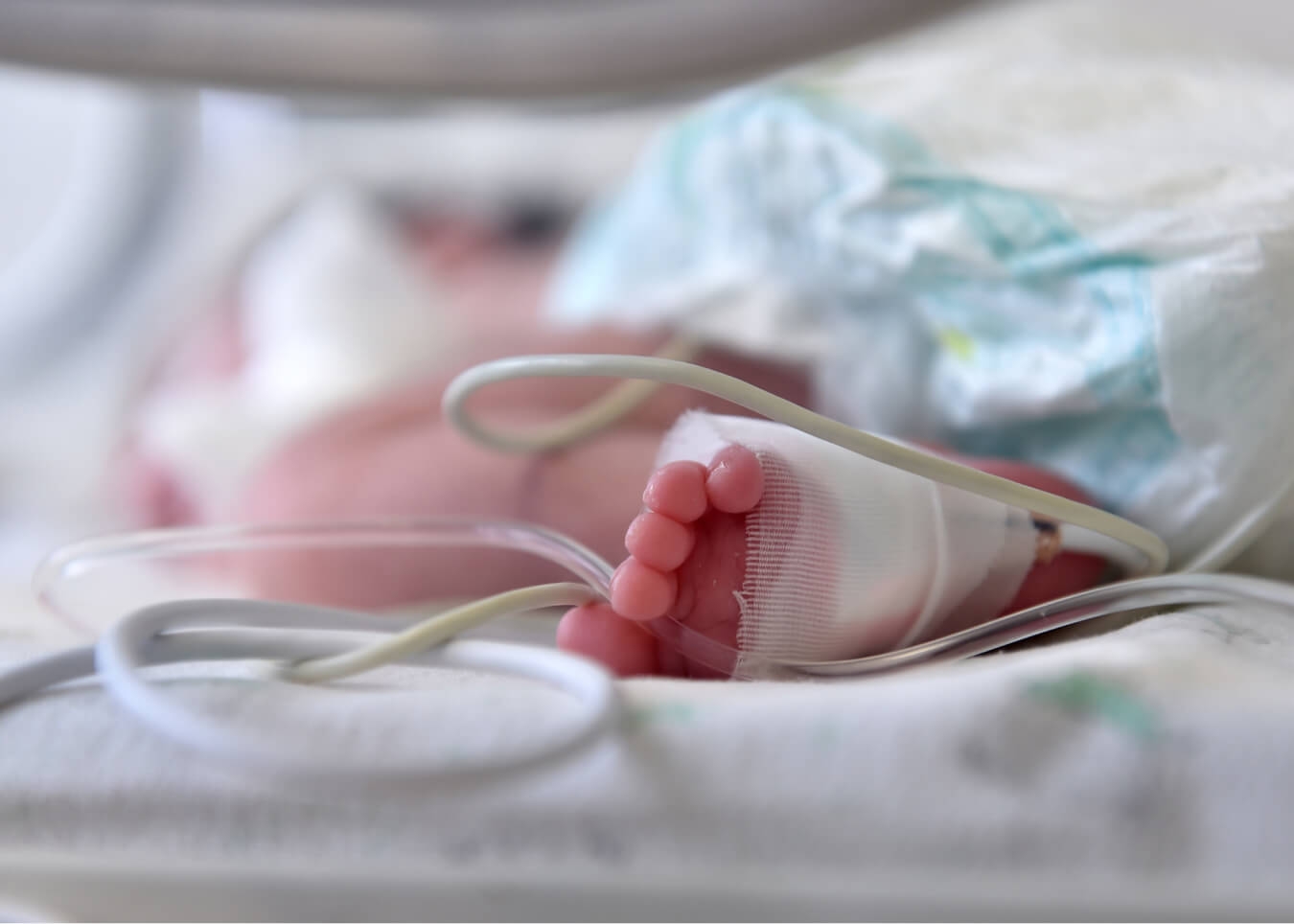Mild Oxygen Deprivation at Birth Linked to Development Delays

According to a new study, a lack of oxygen at birth does not have to result in a severe brain injury for the baby to suffer from developmental delays and brain damage. Even a mild lack of oxygen during or around the birth can actually cause a significant amount of damage.
The research was conducted by scientists at the University College Cork and analyzed newborn babies, who had experienced Hypoxic ischemic encephalopathy (HIE). This is a condition in which the brain of the baby is deprived of oxygen around the time of birth. The researchers found even in those cases where the oxygen deprivation was at very low levels, the baby still suffered from developmental delays and mental impairment. Oxygen deprivation at birth is linked to a number of conditions that include cerebral palsy, and epilepsy. These babies can suffer from cognitive problems, intellectual deficiencies and developmental delays as they grow older, compared to babies who do not suffer from such oxygen deprivation.
However, the scientists at the University College Cork found in their analysis even in those cases where the hypoxic ischemic encephalopathy was at low levels, it was linked to developmental delays that lasted for as long as five years after the birth. In earlier cases, research had only found evidence of moderate or severe hypoxic ischemic encephalopathy leading to long-term problems and development. The new study finds even mild impairment deprivation can cause such problems.
Babies who suffered from mild deprivation were found to be more likely to suffer from learning difficulties and other problems as they grew older. At five years, these children suffered from a number of conditions, including delayed speech, attention deficit disorder, autism and dyspraxia.
For infants who have been deprived of oxygen at birth, therapeutic hypothermia, which involves cooling of the body to 32°C for 72 hours, is being increasingly looked at as a strong and effective treatment.